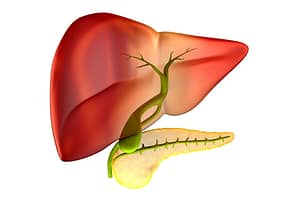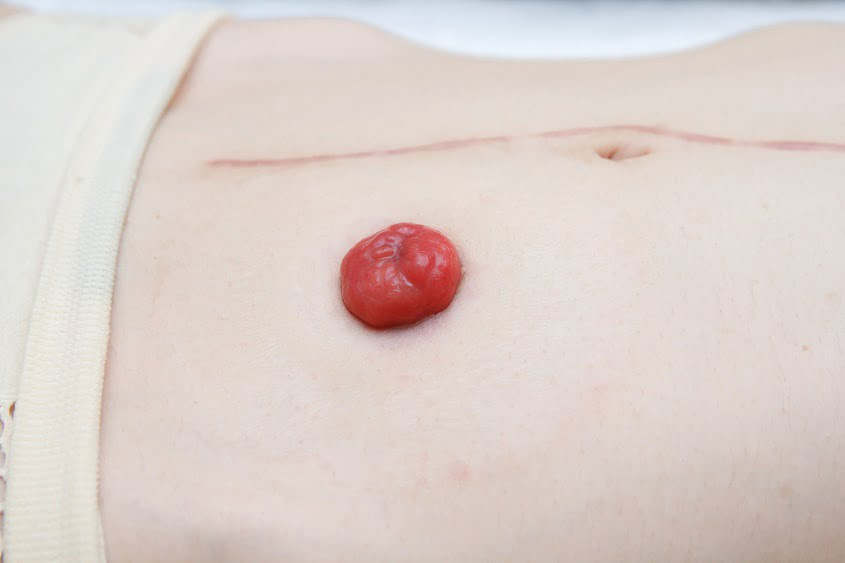Undergoing ostomy surgery can be a life-changing event. It may take time to adjust to the new reality of living with an ostomy, but with determination and the right resources, you can continue to lead a fulfilling life. This article provides practical tips and advice on how to thrive after ostomy surgery, ensuring you live your best life possible.
It’s essential to remember that you are not alone in your journey. Many people have successfully adapted to living with an ostomy and have gone on to lead happy, active lives. Here are some useful tips to help you navigate the challenges and opportunities that come with having an ostomy.
- Educate yourself: Knowledge is power. Learn as much as you can about your specific type of ostomy, the appliance options available, and the best practices for care and maintenance. Understanding your ostomy will help you feel more in control and confident in managing your day-to-day life.
- Build a support network: Connect with others who have had ostomy surgery, either in person or online. Support groups, online forums, and social media communities can provide invaluable advice, encouragement, and camaraderie. Additionally, consider sharing your experience with friends and family, so they understand your needs and can offer support.
- Establish a routine: Develop a consistent routine for changing your ostomy pouch and caring for your stoma. This will help ensure you maintain good hygiene and prevent complications. You may want to experiment with different products, such as ostomy barrier rings, which can improve the fit and comfort of your pouching system.
- Prioritize nutrition: A well-balanced diet is crucial for overall health and well-being. Consult with a dietitian to create a personalized meal plan that meets your nutritional needs while accommodating any food restrictions related to your ostomy. Stay hydrated and pay attention to how your body responds to different foods.
- Stay active: Regular physical activity is essential for maintaining physical and mental health. Consult with your healthcare provider about when and how to safely resume exercise after surgery. Gradually incorporate a variety of activities you enjoy, such as walking, swimming, or yoga, and consider joining a local sports team or exercise class.
- Dress for comfort and confidence: Clothing plays a significant role in how you feel about your body and your ostomy. Choose clothes that are comfortable and provide discretion, such as loose-fitting tops and pants with adjustable waistbands. Some companies offer specialized clothing and accessories designed for ostomy wearers, so explore your options to find what works best for you.
- Manage your mental health: Living with an ostomy can present emotional challenges. Seek support from a mental health professional if you’re struggling with feelings of depression, anxiety, or grief. Practicing self-care, such as engaging in hobbies and relaxation techniques, can also help improve your mental well-being.
- Travel with confidence: Having an ostomy should not prevent you from exploring the world. Plan ahead by packing extra supplies and researching the availability of ostomy products at your destination. Carry a travel-sized ostomy kit with essentials like pouches, barrier rings, and adhesive remover wipes for on-the-go changes.
- Discuss intimacy: Open communication with your partner about your ostomy and any concerns you may have regarding intimacy is crucial. Be patient with yourself and each other as you navigate this aspect of your relationship. You might also consider seeking guidance from an ostomy nurse or therapist for additional support.
- Celebrate your achievements: Embrace your new life with an ostomy by acknowledging your accomplishments and milestones. Recognize your resilience and strength, and remember that you are so much more than your ostomy.
Living your best life with an ostomy is possible with the right mindset, support, and resources. Embrace the challenges and opportunities that come with this new chapter in your life. By implementing these tips and seeking out the advice and experiences of others who have gone through similar journeys, you can thrive after surgery and continue to enjoy a fulfilling, active life. Remember, your ostomy is just one part of who you are, and it doesn’t define you. With perseverance and a positive outlook, you can conquer any obstacle and live your best life with an ostomy.







